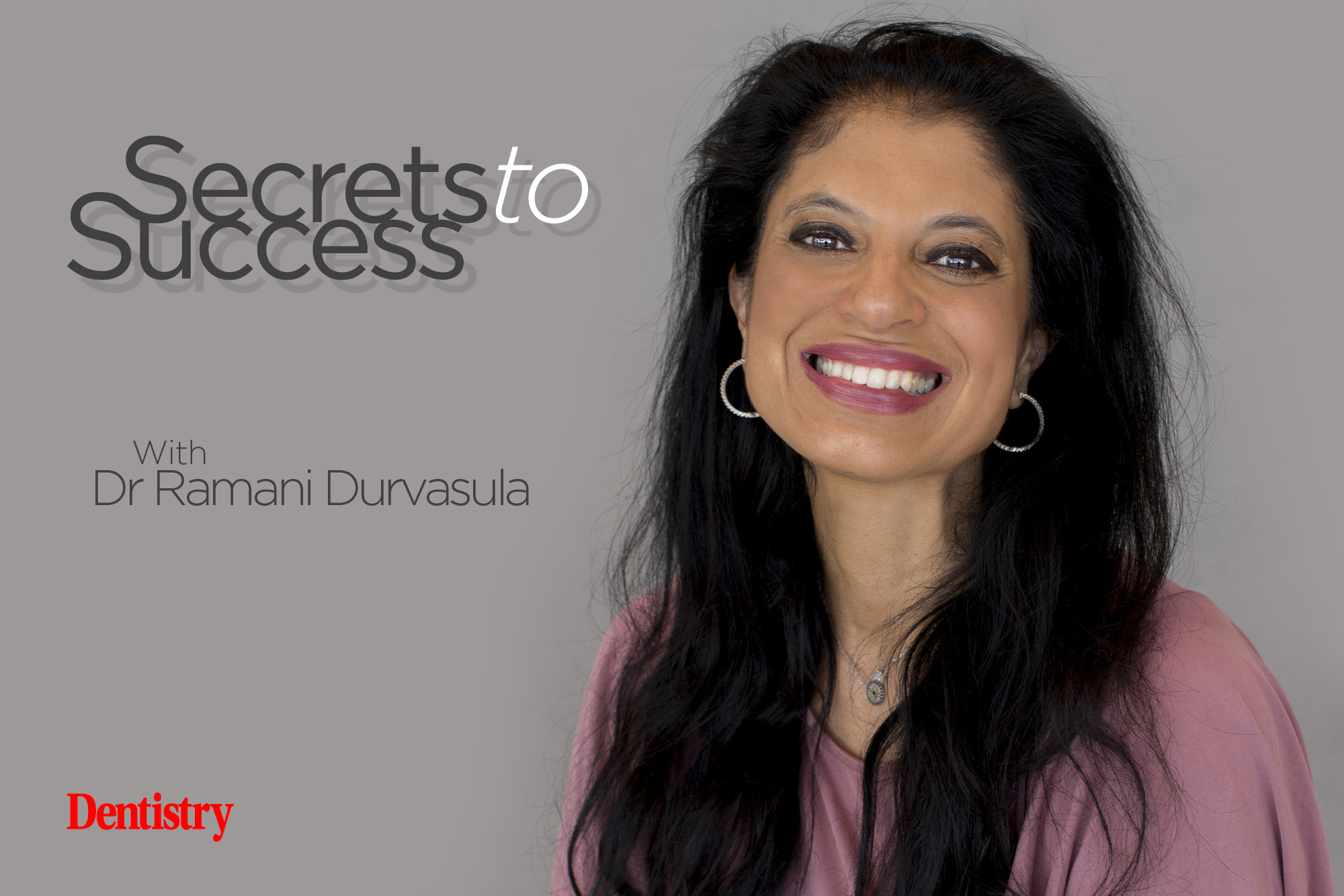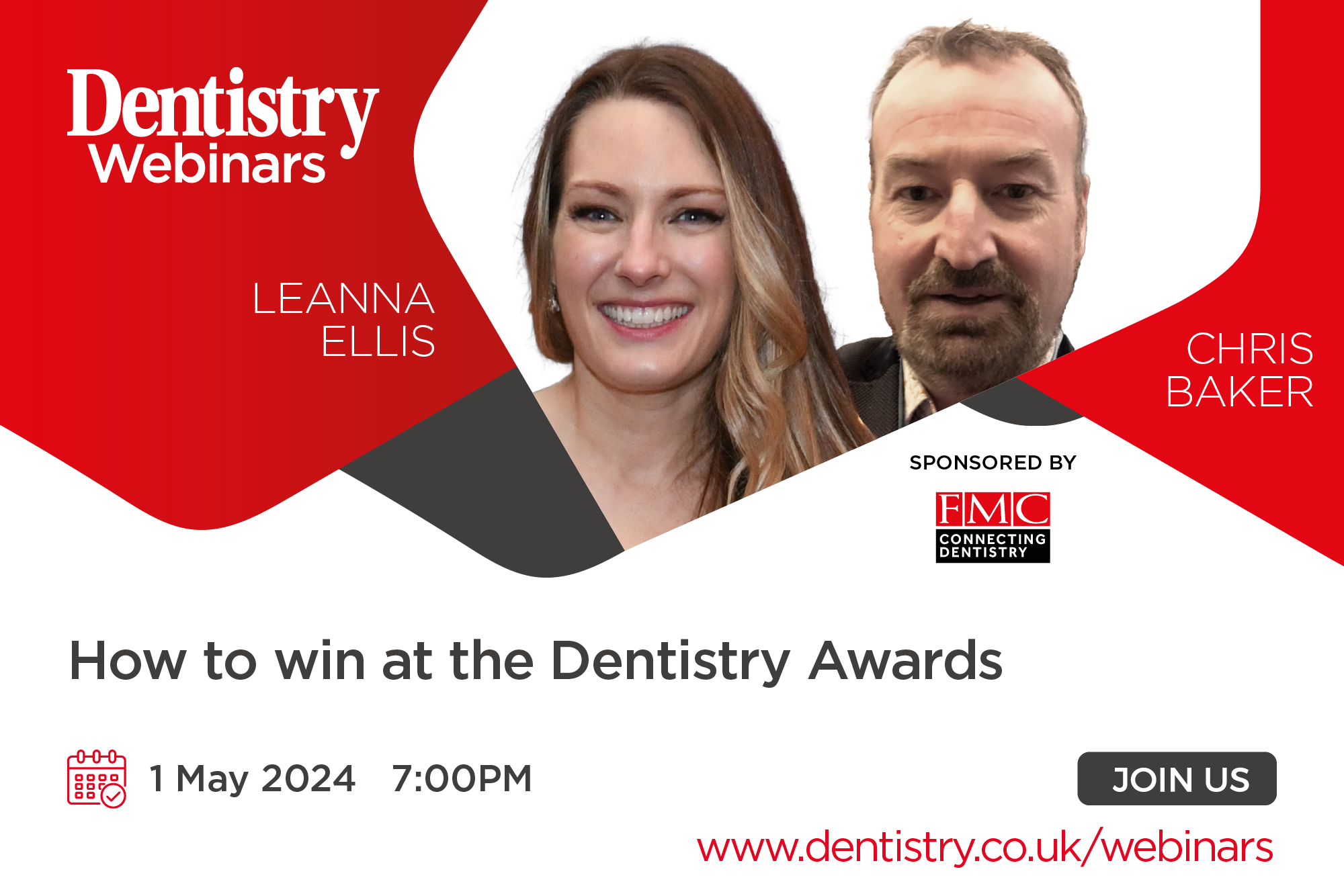 Jana Denzel talks to Dr Ramani Durvasula about her journey into psychology and her top tips for helping nervous patients.
Jana Denzel talks to Dr Ramani Durvasula about her journey into psychology and her top tips for helping nervous patients.
Dr Ramani Durvasula is a licensed clinical psychologist, professor of psychology, media expert, and author.
She has been sought out in various media outlets for her expertise on narcissistic personality disorder and narcissistic abuse. This includes Red Table Talk, TEDx, National Geographic, and the History Channel, as well programs such as The Today Show and Good Morning America.
Please give us your background and how you got into psychology?
I’ve been a professor for more than 22 years and clinical psychologist since 1998.
I have written many academic articles and from 2008 I have worked a lot in the media. One of the things I noticed was that in the media a lot around mental health was not up to the standard I set for myself. Thus I decided to get involved.
There was a lot of people out there who didn’t have access to mental health services and probably wouldn’t ever roll up to a therapist office. But I also knew that people are going to need psycho-education (education on mental health and when you should consider talking to someone about it).
What is the best way to approach patients to ensure they are at ease and that they can put their trust in us?
Many people are scared of the dentist. A lot of people don’t want to go so the question is what can you in dentistry do to work with patients who are coming in with a heightened sense of anxiety or resentment?
One of the most important things a dental practice can do is have really warm well-trained front of house staff. In terms of whoever greets patients, whoever interacts with them on the phone. People lose patients when they are put on hold for too long or have to push too many buttons. So the more user-friendly the experience is, the better. It will bring down some of the pressure.
I would say beyond that, part of what the dentistry profession may also face is a bit of rebranding. The profession has advanced to a place where a lot of the procedures that used to feel a lot more invasive and painful have now come a long way.
I think another area that dentistry has an issue with is cost. You separate a person and their money, you will get the worse of them.
It’s ironic how much people will want to willingly spend on their own healthcare, luxury goods, and experience lunch and coffees. But when it comes to their healthcare any additional costs are very problematic.
Anything that makes that conversation more transparent and understandable will help.
In my own patients, I’ve heard them say I know how expensive dentistry is going to be, so I’m not going to go.
Ultimately when you have a patient who is stressed and uncomfortable –and if that person already has a personality style or mental health issues that are already tense – you will see a much more antagonised patient. Thus the discipline must be addressed holistically.
Once they are in the dental chair what are the most important things dental teams can do to calm down an anxious patient?
Just the thought of going to the dentist can have some patients struggling days before.
One thing a dental practice can do is not wait until the patient is in the chair. Maybe even send them relaxation sources a week or two ahead. You could set them up with a meditation or mindfulness app. You could send them different kinds of breathing exercises they could do, or things they could read.
Just work with the patient ahead of time to normalise it and let them know they are not alone.
Once they are in the dental office, lighting could be eased down from the bright fluorescent lighting to more dim lighting. Ensure that the temperature is at a level the patient finds comfortable. The seating is also comfortable as well. Have something up that can entertain them. If you could play something that genuinely engages the patient, that could distract them in a meaningful way.
Next is communication. Tell people what you are going to do, especially for people who are more anxious and stressed.
People with a history of trauma hold such importance to knowing what is coming. Give them a step by step guide of what is going to happen before you begin.
Social media is a great place to showcase your work but it is also very competitive. How can we deal with this pressure and make sure we are productive but have a personal life as well?
It’s very challenging in a profession such as dentistry that has a lot of front end investment that maybe other practitioners wouldn’t have. Especially if you are going to start a new practice. The investment cost and fees for dental costs can both be a massive amount of debt for people who are starting a career. In any field that has this it will be very competitive.
The best way to deal with it is to have realistic expectations. Some people may have gone into dentistry and expect a certain lifestyle. Yet now with all these costs, with what they thought was going to happen to put all this time and education in, they are not receiving.
The other issue is in the curriculum you are not taught to be entrepreneurs.
A big part of dentistry is entrepreneurship, it’s about how you advertise, how you use social media, how you use Youtube or whatever. People think: ‘I did not go through all these years in school to compete with people who are putting make up on in a video to be able to foster my practice!’
Also the idea of hiring a publicist or paying someone to do that. It becomes one more line item on top of the dental office, which is already so expensive to run.
How can we deal with this?
There are a couple of ways. One is to turn to colleagues for support. Nobody is going through this alone.
One of the things that people are often stressed and anxious about is isolation. They think they are the only person going through it and everyone else has it all figured out. There can be communities of support, where it’s not just about sharing marketing advice but more about vulnerability.
Dental programmes should build around burnout, depression, anxiety, and real mental health issues that come from it.
Another one is realistic expectations. This means to shut down the nonsense from social media and come into the real world and focus on the business. Stop comparing.
With such a consumer facing business, it’s important to ensure you get enough sleep. Ensure that you are eating properly and regularly, which can be hard in the dental world now where everyone is wearing all this PPE. Take the time to eat something adequately so you can keep going.
Create spaces in your life to address mental health such as having therapy. Just like dentists want us to come in every six months for a check up on their teeth, it should not be any different to mental health. We should also come into a therapists office for a check up as well – that would be the aspirational standard. Then people with higher risks would go into more regular therapy and those who are not we can give them resources and send them on their way.
Finally, it’s important to know your limits. If you feel yourself heading towards burnout it’s really important to know when to step away and take a break.
Sometimes we don’t always have the liberty to get out of a situation. For example, if we have a senior colleague who we feel is difficult. How can we deal with it?
That’s a very difficult situation and there is no straightforward path out of this.
The first path is the path of staying. This is of radical acceptance – know that it will be a difficult job, have realistic expectations and know what it will be. Here I would document everything that goes on, because you may need this one day to get out.
The other is to talk to other people in your field – sometimes you’ll find better opportunities elsewhere. Staying can do a lot more damage than you know.
Dentistry is already a demanding profession because of the ways you have to stand and bend and because of that you already have musculoskeletal stress, which will get compounded with the stress of working with a toxic boss. This can lead to long term disability and impairment even after you retire it can diminish quality of life.
Yes if you leave, you may take a financial hit. This could be an opportunity cost that could set you free.
Do the maths you may see a longer term opportunity on the back end of it. It could be costly, but can you really put a monetary value on the quality of your life?



